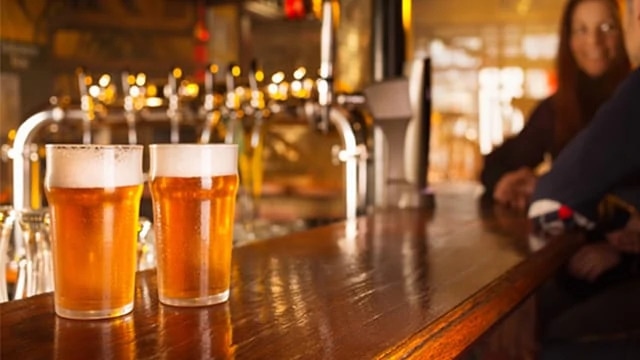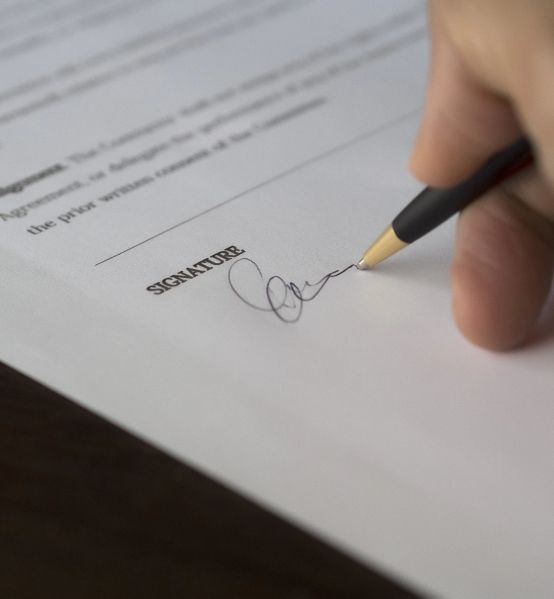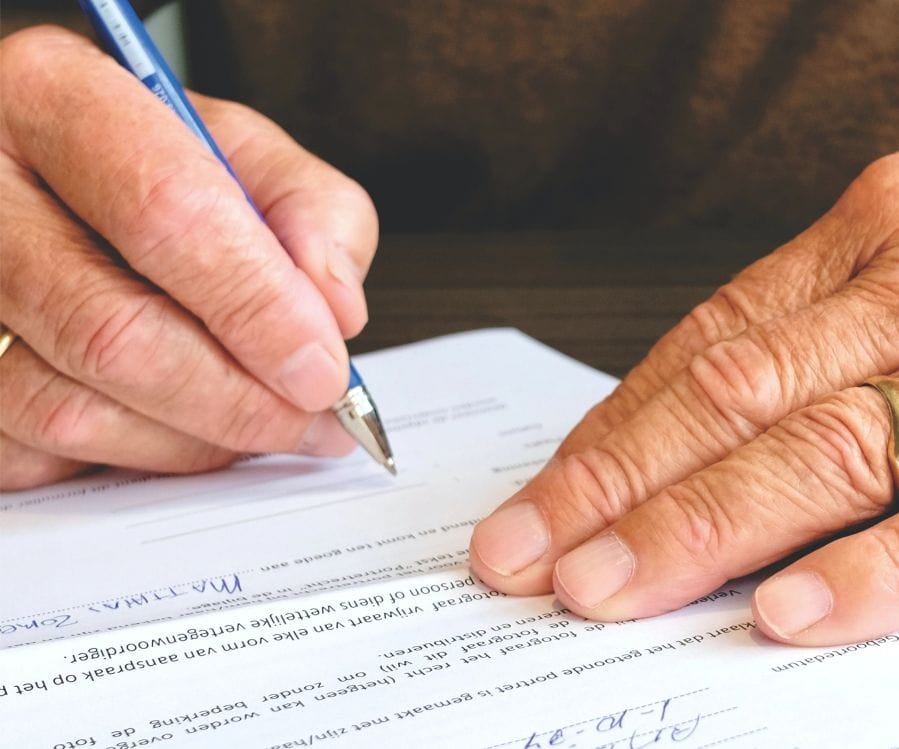NSW Liquor Licence
Home / Other Services / Conveyancing Lawyer / NSW Liquor Licence
NSW Liquor Licence
If you are thinking of opening a business that will be serving alcohol, you are required to apply for a NSW liquor licence, depending on the business type.


As the leading property lawyers and solicitors in Sydney, we understand that selling or buying a house or commercial property is a big decision and a significant matter for most people. We cater to all people making property transactions Australia wide.
- Preparation of contracts for sale or purchase of land
- Contract review
- Commercial & Retail Leases
- Auction enquiries
- Assistance with identifying suitable opportunities for finance
- Help for first homeowners & the First Home Owners Grant
- Mortgages, refinancing & property deposit bonds
- Property developments
- Easements
- Home and land packages
- Valuations
- Buying & Selling Off-the-plan
- Opposing development Applications
- Transfers between parties
Exemptions
There are certain circumstances in which a liquor licence is not required to the sale or supply of liquor:

1. Bed & breakfast (B&B)
Under section 4 of the Liquor Act 2007 (NSW), a “bed and breakfast” establishment is defined as:
- Premises that provide temporary guest accommodation;
- Operated by the permanent resident of the establishment; and
- Meals are provided for guest only (no public restaurants).
B&Bs with public restaurants and large accommodation establishments should apply for a on-premises liquor licence.
2. Retirement villages
Under section 6 of the Liquor Act 2007 (NSW), an exemption applies to the sale or supply of liquor:
- To an adult who is a resident of a retirement village or guest of the resident;
- At a gathering held at the village;
- Member of the residents committee for the village is present to supervise the sale or supply;
- The liquor has been purchased on a retail basis;
- Gathering has not been organised or conducted by the operator of the retirement village.
3. Gift baskets and flowers
A business will be exempt from obtaining a licence for the sale or supply of liquor that is part of a gift if:
- The business is promoted or marketed as a genuine gift service by the vendor;
- The gift is packed in a way that a person who receives the gift would assume it is a genuine gift;
- The gift is delivered person at a place other than the premises of the business;
- Person whom the gift is delivered to is an adult;
- Gift is delivered between 7am and 7pm;
- Volume of liquor does not exceed two (2) litres; and
- Vendor has purchased the liquor on a retail basis.
4. Cruise vessels
5. Aircraft
6. Medicinal purposes by a medical practitioner, nurse practitioner, midwife practitioner or pharmacist.
7. Auction conducted by an auctioneer

Liquor and Gaming NSW
Liquor and Gaming NSW has provided a table to assist business owners in obtaining the correct licence that best suits their business.
There are an array of different licences available. These include:
1. On-premises licences
On-premises licences permits the sale and consumption of alcohol on the premises of the business where another product or service is sold or supplied to customers. This includes food, entertainment and accommodation.
Restaurants that hold an on-premises licence must meet the “primary purpose test”. This means that the primary purpose of the business must be something other than selling or supplying alcohol. If a business cannot satisfy this primary purpose test, then they will not be eligible for the on-premises licence.
Examples of types of business that may be eligible for the on premises licence include:
- Restaurants;
- Function centres;
- Karaoke venues;
- Night club;
- Accommodation with more than eight (8) guests;
- Cinemas, theatres, art galleries; and
- Catering services
2. Hotel licence
Hotel licence permits the business to:
- Sell alcohol for consumption on the premises;
- Sell takeaway alcohol;
- Sell alcohol at functions away from the premises;
- Have gaming machines; and
- Provide entertainment
However, the venue’s main business or primary purpose, must be the sale and supply of alcohol to the public.
Examples of types of business that may be eligible include:
- Pubs;
- Large bars; and
- Hotels with accommodation
3. General bar licence
General bar licences are a type of hotel licence. A business would apply for this licence if they intend on selling alcohol for public consumption on the premises.
This licence will not allow a holder to sell takeaway alcohol or operate gaming machines.
Examples of types of business that may be eligible include:
- Pubs;
- Large bars; and
- Hotels with accommodation
4. Small bar licence
Small licence allows a business to operate a bar that holds a maximum of 120 patrons. This licence does not permit the premises to sell takeaway alcohol or operate gaming machines.
5. Packaged liquor licence
Packaged liquor licence allows the business to sell alcohol to the public which is consumed away from the business premises.
Examples of types of business that may be eligible include:
- Bottle shops;
- Online and mail order businesses where consumers are not required to attend the business premises; and
- Supermarkets with retail space of over 240 square meters
6. Producer/wholesaler licence
A producer/wholesaler licence allows producers and wholesalers to sell alcohol to other licensees.
Producers include:
- Bottle shops;
- Online and mail order businesses where consumers are not required to attend the business premises; and
- Supermarkets with retail space of over 240 square meters
Producers are permitted to:
- Conduct tastings;
- Sell their products to the public either on premises or online; and
- Sell their products by retail through liquor industry shows
Wholesalers are only permitted to sell alcohol to other licensees such as bottle shops and restaurants.
7. Club Licence
Club Licence permits a business to sell alcohol to members and guest for consumption on and off the premises.
Examples of types of business that may be eligible include:
- RSL clubs;
- Golf clubs; and
- Bowling clubs
8. Limited licence – single function
A limited licence for a single function permits a non for profit organisation to sell alcohol for consumption during an event.
Examples of an event that may require this include:
- Balls;
- Dinners;
- Sporting events; and
- Other events with the purpose of raising funds for a charitable purpose.
9. Limited licence – multi function
A limited licence for a single function permits a non for profit organisation to sell alcohol for consumption during an event.
Examples of an event that may require this include:
- Balls;
- Dinners;
- Sporting events; and
- Other events with the purpose of raising funds for a charitable purpose.
10. Limited licence – trade fair
A limited licence for a trade fair permits businesses from a certain industry to sell or supply alcohol for consumption or takeaway at a trade fair or exhibition.
Examples of trade fairs include:
- Wine shows;
- Food shows; and
- SportingTravel shows
This licence can only be applied in the capacity of an individual
11. Limited licence – special event
A limited licence for a trade fair permits businesses from a certain industry to sell or supply alcohol for consumption or takeaway at a trade fair or exhibition.
Examples of trade fairs include:
- World Cup/World Championship sports competition; and
- music festival that is expect to attract more than 25,000 people including national and international guests.
Unlawful liquor sales and supply
Where liquor is sold or supplied without a licence, does not fall within the exemptions, or to a minor. The maximum penalty is $11,000.00 or twelve (12) months imprisonment or both.
Looking For Lawyers Who Make A Positive Difference?
As lawyers, we sincerely uphold our responsibility of positively changing the community. We are passionate about making a positive difference and are inspired to work with like-minded people in making our community a better place.